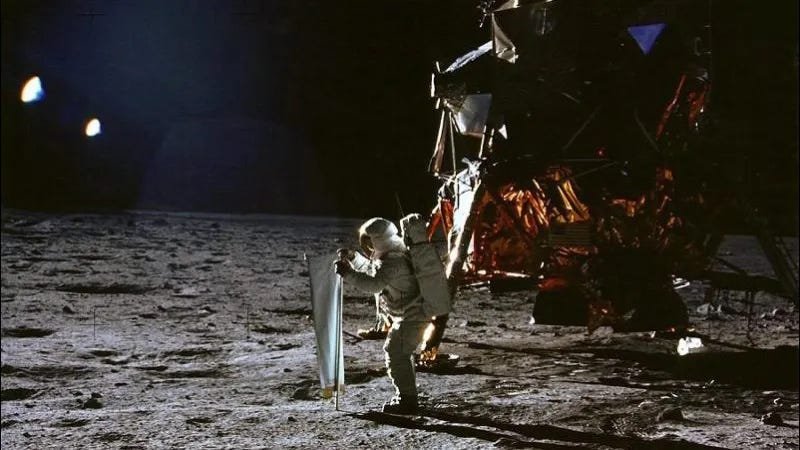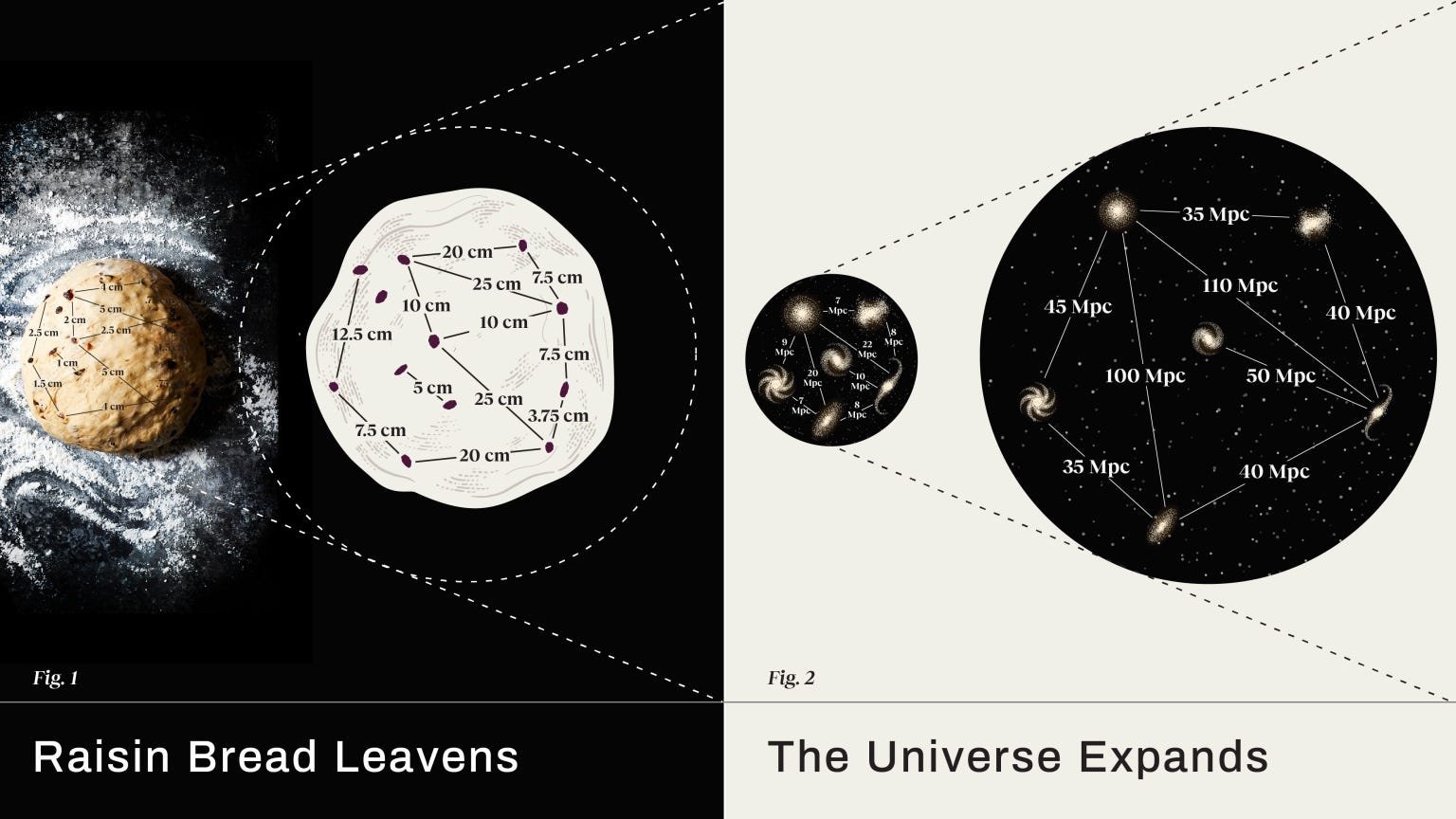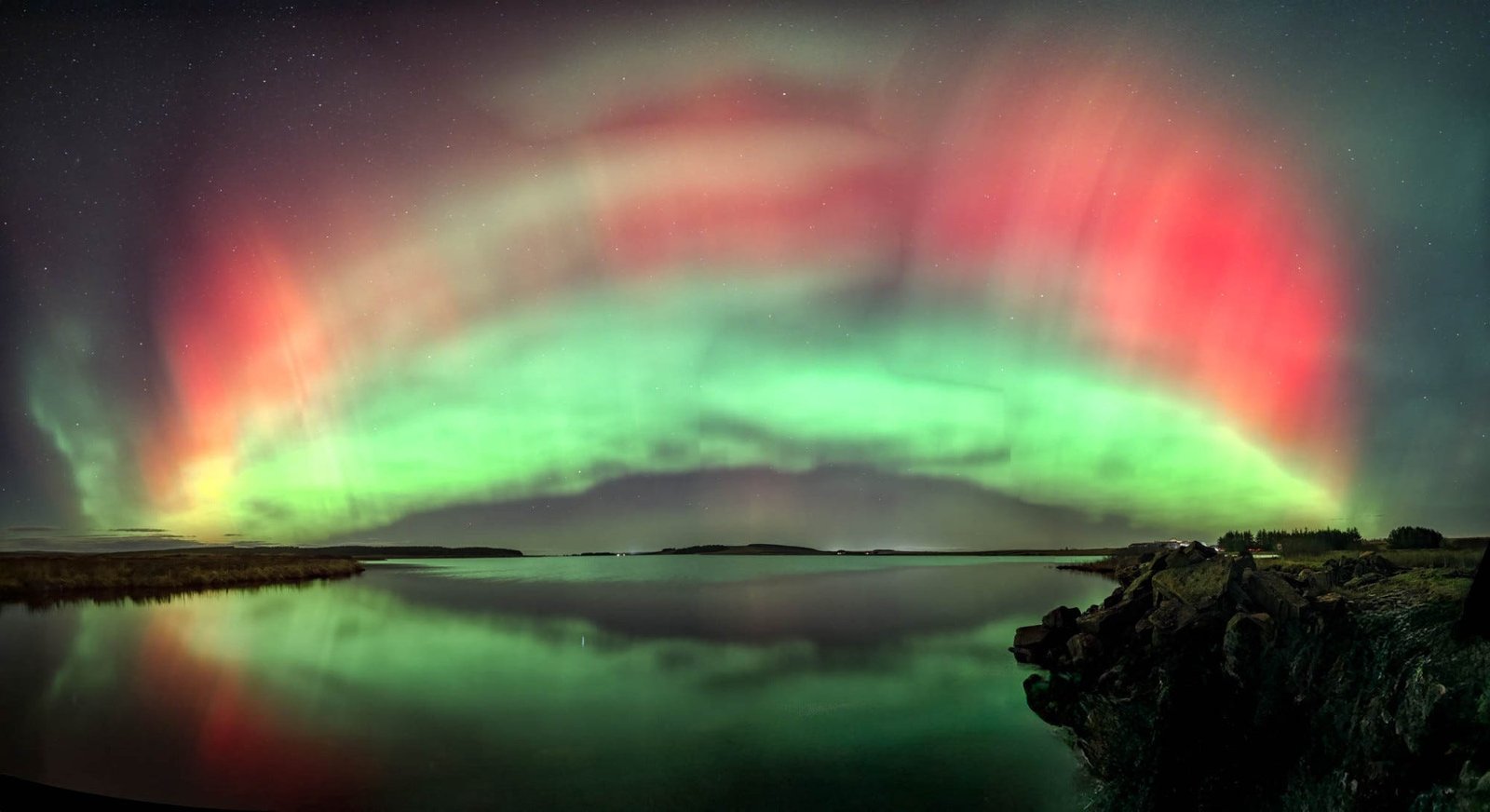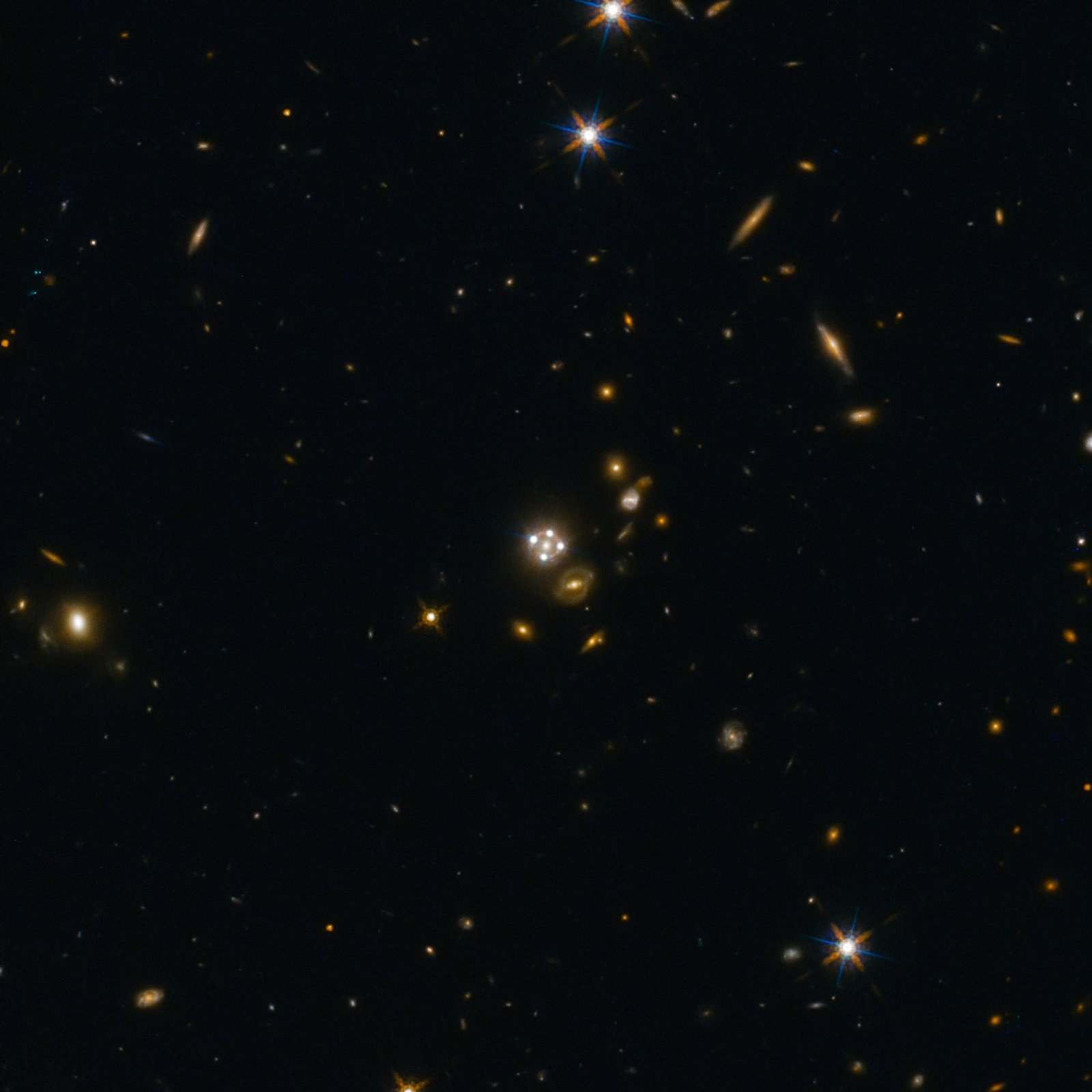
Why do we count the Universe’s age from 13.8 billion years ago? | by Ethan Siegel | Starts With A Bang! | Aug, 2024
The Universe is 13.8 billion years old, going back to the hot Big Bang. But was that truly the beginning, and is that truly its age?
According to the theory of the hot Big Bang, the Universe had a beginning. Originally known as “a day without a yesterday,” this is one of the most controversial, philosophically mind-blowing pieces of information we’ve come to accept as part of the scientific history of our Universe. Many detractors will reject it as being too in-line with certain religious texts, while others — perhaps more justifiably — note that in the modern context of cosmic inflation, the hot Big Bang only occurred as the aftermath of a preceding epoch.
And yet, if you ask any cosmologist or astrophysicist who’s well-versed in the scientific story of our beginnings “How old is our Universe?” you always get the same answer: 13.8 billion years. Why is this, and when do we start counting the Universe’s age? We always say that the leftover glow from the Big Bang, or the cosmic microwave background (CMB), comes to us from an epoch that was 380,000 years have elapsed. But the CMB doesn’t mark the beginning of the Universe, and there’s a very compelling, but little-known and widely underappreciated, reason to begin counting the…




